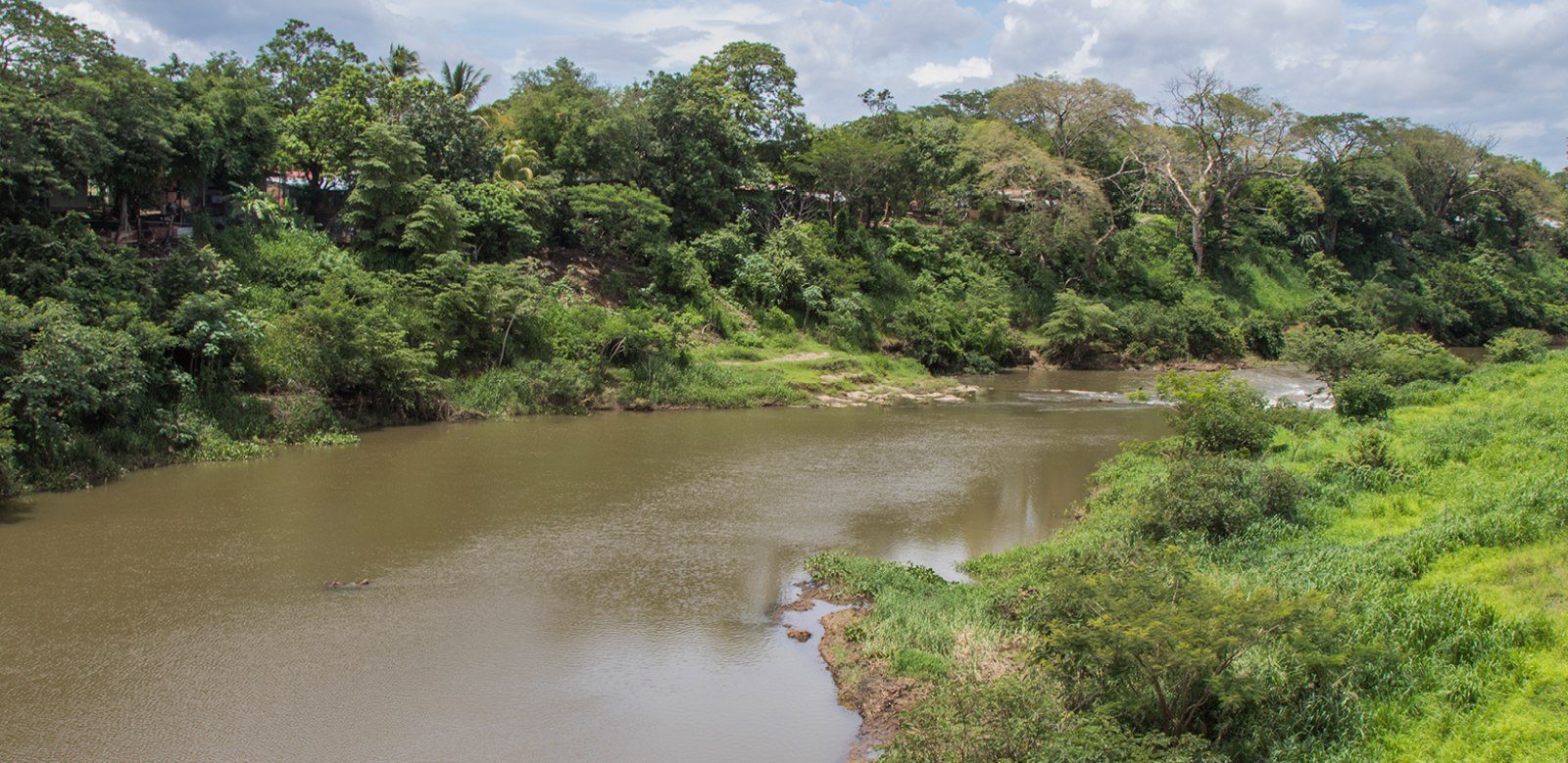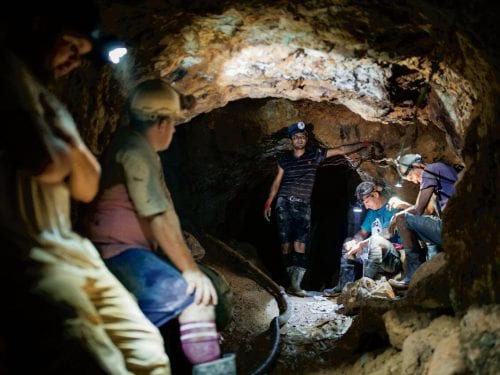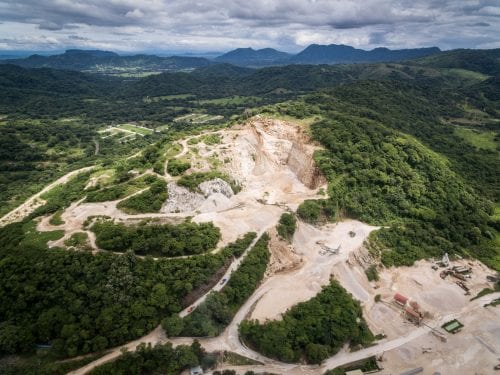
A new bill in the Legislative Assembly would require all companies with water use concessions on the Tempisque River to conduct environmental impact assessments of their activities. Failure to comply would result in companies losing those concessions if the bill is passed.
Guanacaste lawmaker Suray Carrillo presented the Bill for the Integral Ordering and Management of the Tempisque River Watershed to the Assembly’s Environmental Affairs Commission on Sept. 1.
A recent investigation by The Voice of Guanacaste found that concessions solicited by companies before 2004 were not obligated to conduct environmental impact studies or seek a project’s viability before renewing those concessions. Some of these dated back to the 1960s.
If the bill is passed, companies such as Catsa and Hacienda El Viejo would lose that privilege.
The proposed legislation also seeks a moratorium on future concessions for water extraction from both the riverbed and water tables until the National Technical Secretariat of the Environment Ministry (SETENA) can determine the volume of water flow available and guarantee its recovery.
So what would happen to the companies currently operating on the river? Carrillo said that companies with concessions could seek more sustainable operational alternatives and avoid wasting river water. In other words, the bill wouldn’t affect them, but it would take them out of their comfort zone.
Currently there are no reliable data regarding the quantity of water available in the river for concessions.
In the recent investigation, The Voice of Guanacaste found that for decades the quantity of water granted by a concession was greater than the water available in the river, and it wasn’t until 2014, when an “environmental water flow” of 1,500 liters was set aside to help achieve a balance. But in its latest report in 2014, the Environment Ministry acknowledged that the river has an ongoing water shortage during the most critical months of March and April.
For now, the bill will be analyzed by a sub-commission, which will issue an opinion and pass it on to the Environmental Affairs Commission. If approved by the commission, it will be sent to a plenary session and included in the Assembly’s legislative agenda.







Comments